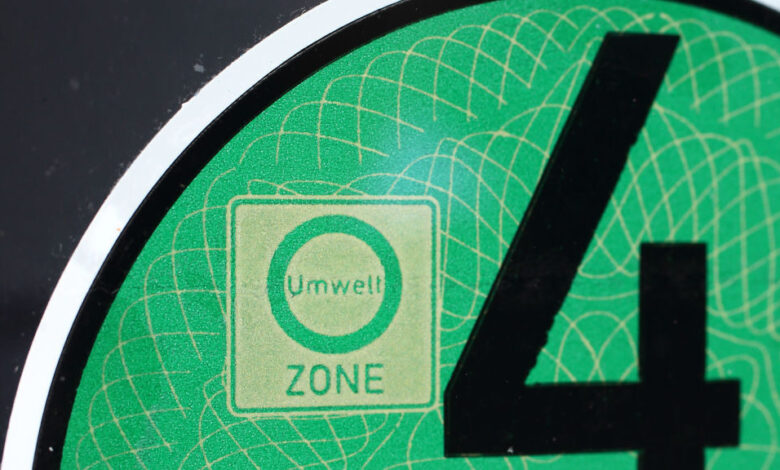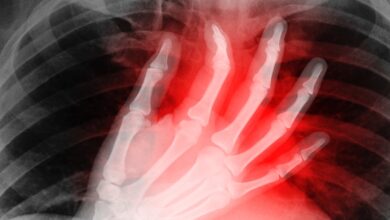
A green emission sticker is pictured on the windshield of a car in Magdeburg, Germany, 15 April 2014. Pollution with atmospheric particulate matter is supposed to be reduced with special low-emission zones. Photo Credit: picture alliance/Getty Images
EnvironmentHealth The WorldLow Emission Zones Are Better for Our Health, Studies Reveal
According to recent independent studies conducted all around the world, low emission zones (LEZs) where a reduced number of vehicles are allowed to circulate have a positive impact on the population’s overall health.
“This review shows that LEZs are able to improve health outcomes linked to air pollution, with the evidence being most consistent for cardiovascular disease, such as heart disease and strokes,” explains Rosemary Chamberlain, from Imperial College London, who was part of the review team.
LEZs have been implemented partly to reduce air pollution by curbing the number of highly polluting vehicles. There are currently more than 320 zones in operation across the United Kingdom, Europe, and Tokyo, Japan. Five of the eight LEZ studies – some of which consider lorries and buses only, while others include taxis, cars, and motorcycles – show a direct link between the reduction in heart and circulatory problems and the implementation of a LEZ. There are fewer admissions to hospitals, fewer deaths from heart attacks and strokes, and fewer people with blood pressure problems. A German study analyzed data from 69 cities with LEZs and found up to a 12% reduction in strokes. According to two studies on German zones, health benefits tend to grow over three- and five-year periods. As for a study on the Tokyo zone, it detected improvements in lung cancer rates six to nine years later.



